导读:
对于初中英语,时态是一个很重要的考点,一般现在时,一般过去时,一般将来时,现在完成时,过去完成时等等,都是考试中经常出现的题目,对于这些知识,要做到熟练于心。今天我们为大家分享2018年长沙初三英语知识点:一般过去时,一般过去时表示过去某个时间里发生的动作或状态;过去习惯性、经常性的动作、行为;过去主语所具备的能力和性格。
一、基本结构
1. 肯定句形式:主语+动词过去式+其他
否定句形式:①was/were+not; ②在行为动词前加didn't,同时还原行为动词
一般疑问句:①was/were提到句首; ②Did+主语+do+其他?
例句She often came to help us in those days. I didn't know you were so
busy.
2. 行为动词的一般过去式。
A. 规则动词的变化规则:
1、直接加ed:work—— worked look——looked play——played,
2、.以e结尾的单词,直接加d:live ——lived hope——hoped use——used,
3、以辅音字母+y结尾的,变y为i加ed:study—— studied carry——carried
4、以元音字母+y结尾的,直接加ed:enjoy ——enjoyed
5、 以重读闭音节结尾的,双写最后的辅音字母+ed: stop—— stopped
plan——planned
B. 规则动词过去式的发音:
在清辅音后读/t/,在元音和浊辅音后读/d/,在辅音/t/,/d/后读 /id/。
C. 不规则动词变化需参看不规则动词表逐一熟记。(一般和过去分词一起记忆)。
二、一般过去时的基本用法:
1. 通常表示过去发生的而现在已经结束的事件、动作或情况。
Eg. Sam phoned a moment ago.
I got up at eight this morning.
2. 还可以表示刚刚发生的事情而没说明时间。
Eg. Did the telephone ring?
Who left the door open?
3. 也可以表示过去的习惯性动作。
Eg. I smoked 40 cigarettes a day till I gave up.
4. 与一般过去时连用的时间状语:
yesterday, last week/Sunday/year, …ago, just now…
eg. I met Lily yesterday. I went to Dalian last summer.
I was a good student 5 years ago. He had dinner just now.
常见考法
对于一般过去时的考查,多以单选、句型转换或词语运用的形式考查学生在具体语境中灵活运用时态的能力。在考试中,会让大家判断是否该用一般过去时,或动词过去式的正确变化,或一般过去时的句型构成。
典型例题1:1. Xiao Lin went fishing this morning.(改为一般疑问句)
解析:这是一道句型转换题,考查到同学们对一般过去时的句型构成的掌握。一般过去时的一般疑问句句型构成为:Did+主语+do+其他?,即句首加
Did,句中过去式还原。
答案:Did Xiao Lin go fishing this morning?
误区提醒
有些句子,虽然没有表示过去确定时间的状语,但实际上是指过去发生的动作或存在的状态的话,也要用过去时,这一点,我们中国学生往往出错,要特别注意!
典型例题1:I didn''t know you (be)in Paris.
解析:题干意思是“我不知道你在巴黎”。因为在说话时,我已经知道你在巴黎了。这句话指的是说话之前,所以只能用过去时表示。实际上,这句话暗指:But
now I know you are here.
答案:were
一般过去时的用法
1)在确定的过去时间里所发生的动作或存在的状态。例如:时间状语有:yesterday, last week, an hour ago, the
other day, in 1982等。例如:
Where did you go just now? 刚才你上哪儿去了?
2)表示在过去一段时间内,经常性或习惯性的动作。例如:
When I was a child, I often played football in the street.
我是个孩子的时候,常在马路上踢足球。
Whenever the Browns went during their visit, they were given a
warm welcome.
那时,布朗一家无论什么时候去,都受到热烈欢迎。
3)句型:It is time for sb. to do sth "到……时间了" "该……了"。例如:It is
time for you to go to bed. 你该睡觉了。
It is time that sb. did sth. "时间已迟了" "早该……了" ,例如It is time you
went to bed. 你早该睡觉了。
would (had) rather sb. did sth. 表示'宁愿某人做某事'。例如:I'd rather you
came tomorrow.还是明天来吧。
4) wish, wonder, think, hope
等用过去时,作试探性的询问、请求、建议等,而一般过去时表示的动作或状态都已成为过去,现已不复存在
。例如:I thought you might have some. 我以为你想要一些。
比较:Christine was an invalid all her life.(含义:她已不在人间。)
Christine has been an invalid all her life.(含义:她现在还活着)
Mrs. Darby lived in Kentucky for seven years.
(含义:达比太太已不再住在肯塔基州。)
Mrs. Darby has lived in Kentucky for seven years.
(含义:现在还住在肯塔基州,有可能指刚离去)
注意: 用过去时表示现在,表示委婉语气。
1)动词want, hope, wonder, think, intend 等。例如:
Did you want anything else? 您还要些什么吗?
I wondered if you could help me. 能不能帮我一下。
2)情态动词 could, would。例如:
Could you lend me your bike? 你的自行车,能借用一些吗?
11.3 used to / be used to
used to + do:"过去常常"表示过去习惯性的动作或状态,但如今已不存在。例如:
Mother used not to be so forgetful. 老妈过去没那么健忘。
Scarf used to take a walk. 斯卡夫过去常常散步。
be used to + doing:对……已感到习惯,或"习惯于",to是介词,后需加名词或动名词。例如:
He is used to a vegetarian diet.
Scarf is used to taking a walk. 斯卡夫现在已习惯于散步了。
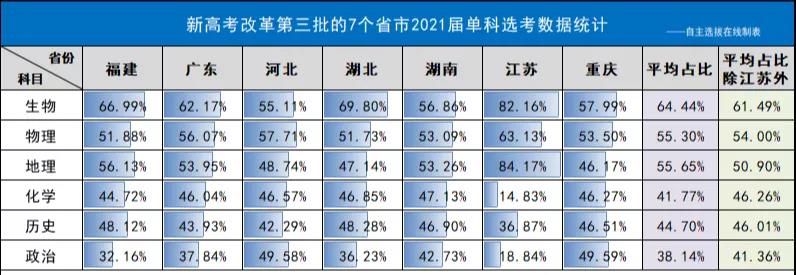
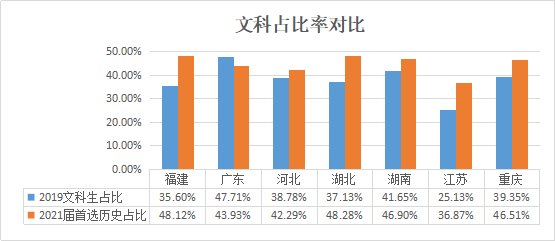
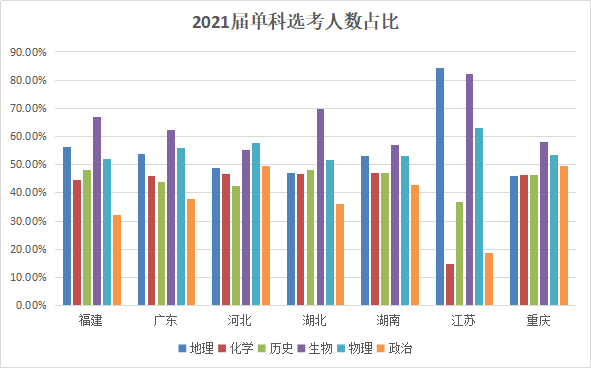










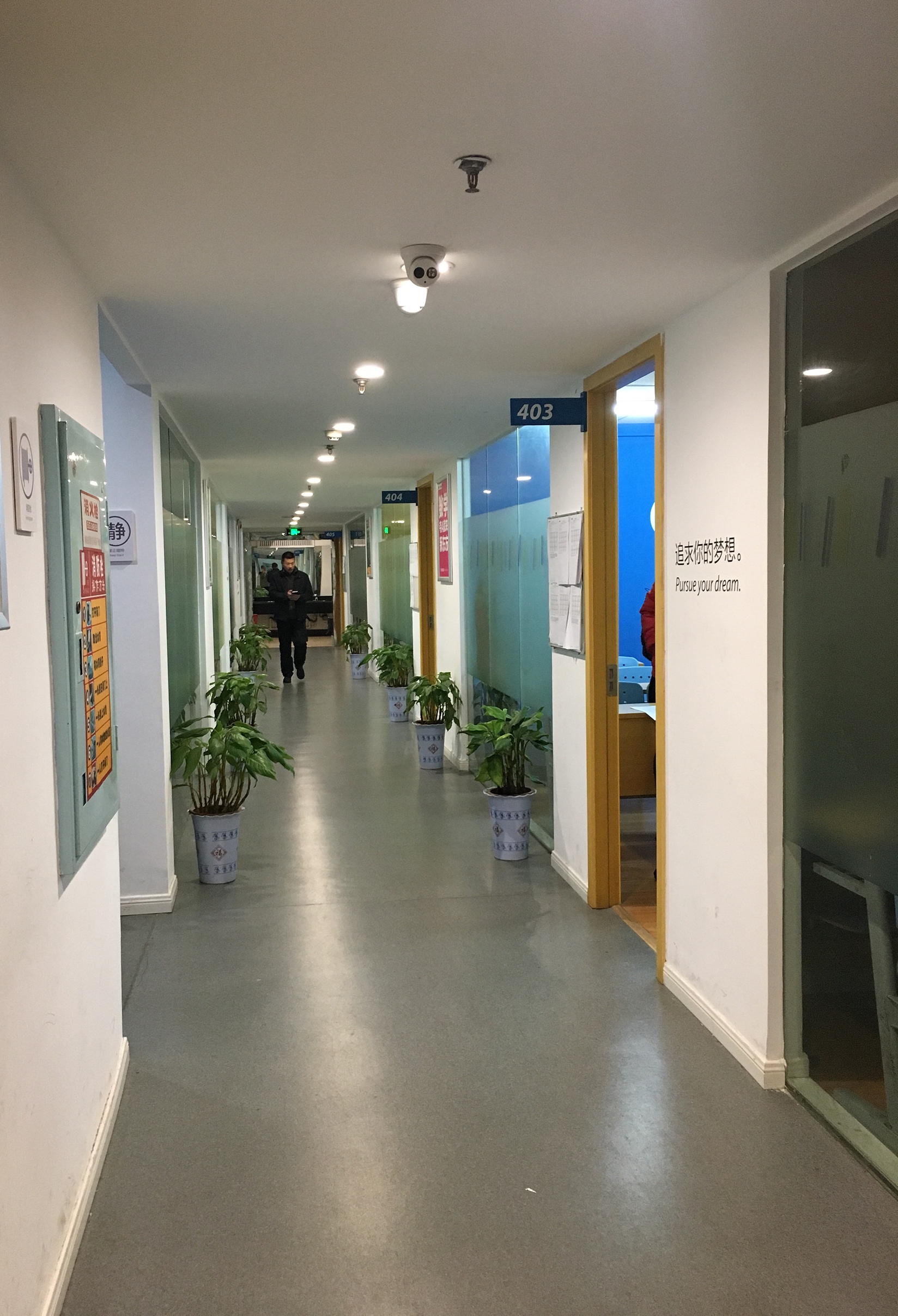

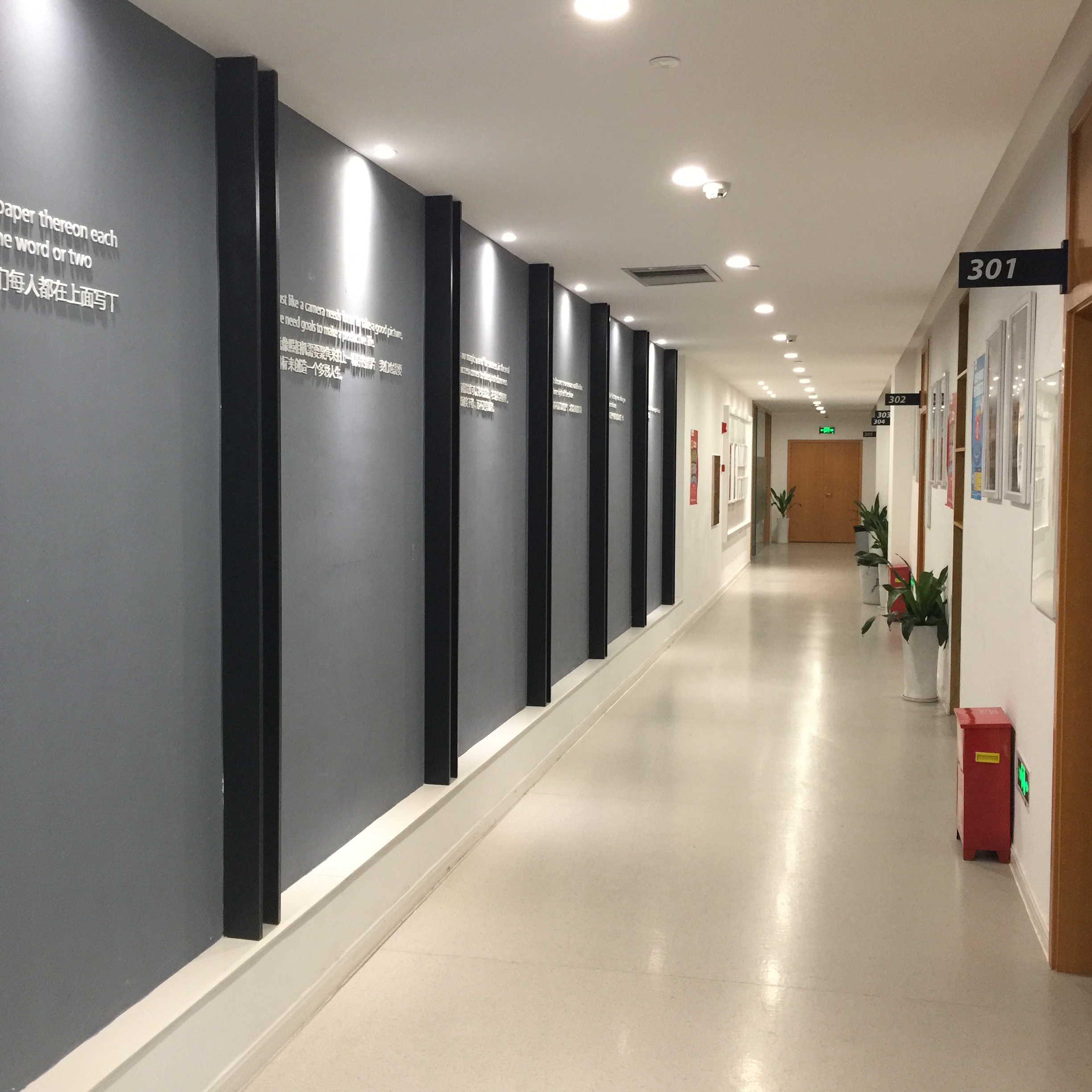





 京公网安备11010802021790号
京公网安备11010802021790号









 学习资料
学习资料
